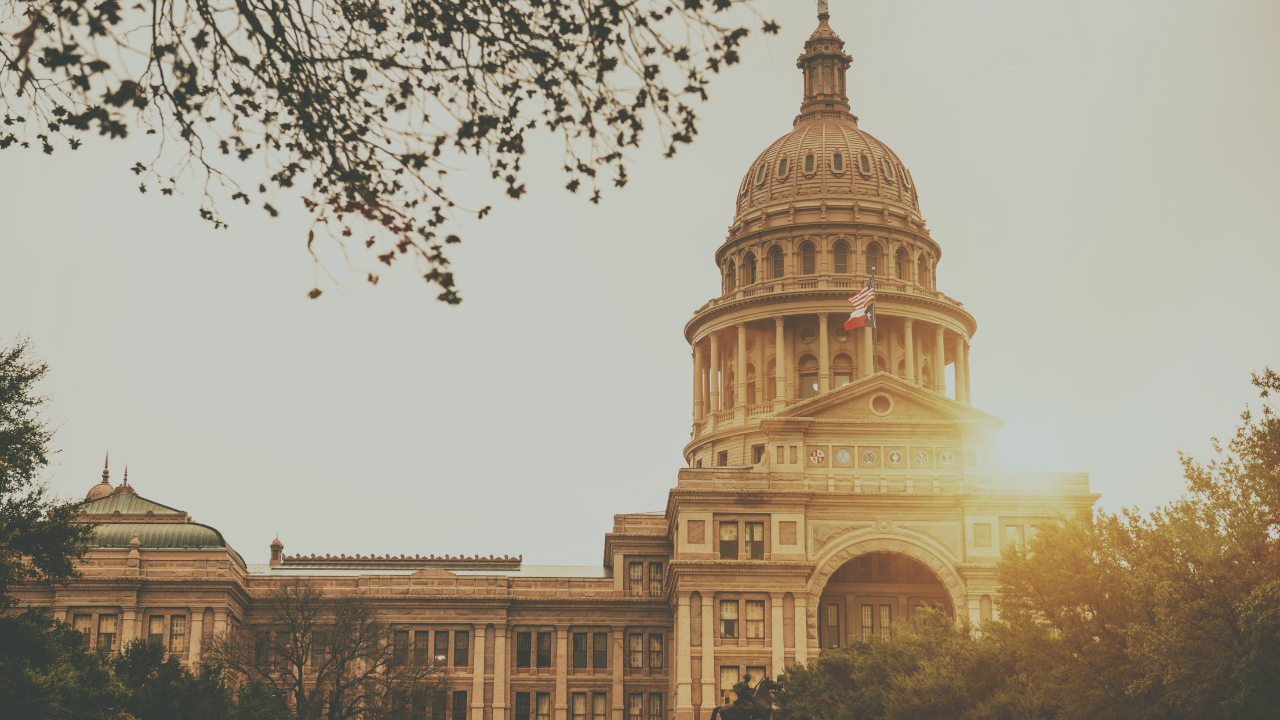
A Comprehensive Guide to the Cost of Living in Austin
If you’re considering a move to the Texas capital, one of the first questions on your mind is probably: What’s the cost of living in Austin? Known for its vibrant culture, booming job market, and one-of-a-kind live music scene, Austin has consistently ranked as one of the fastest-growing cities in the U.S. But with rapid growth comes rising expenses. Whether you’re relocating for work, school, or lifestyle, understanding the cost of living in Austin will help you budget wisely and decide if it’s the right fit for you.
In this guide, we’ll break down everything from housing and utilities to groceries, transportation, and entertainment so you can get a clear picture of what it’s really like to live in Austin, Texas.
Housing Costs in Austin
Housing is the largest factor impacting the cost of living in Austin. Over the past decade, the Austin housing market has seen skyrocketing demand for real estate, fueled by tech companies, a thriving startup scene, and an influx of new residents from across the country, which drives up average rent and median home prices.
-
Home Prices: According to recent market data, the median home price in Austin hovers around $550,000–$600,000. This is significantly higher than the national median, but still lower than major cities like San Francisco or New York.
-
Renting: Monthly rent varies widely depending on location.
-
Renters in Downtown Austin apartments can expect to pay $2,000–$2,800/month for a one-bedroom.
-
Suburban neighborhoods (Pflugerville, Round Rock, Buda): $1,400–$1,800/month.
-
-
Property Taxes: Texas has no state income tax, but property taxes in Travis County average about 1.8–2% of assessed value, which can be a considerable factor in your monthly budget.
If you’re considering buying a home in Austin, working with a local realtor can help you find neighborhoods that balance affordability with proximity to jobs, schools, and amenities including everything from play and entertainment, to restaurants and grocery stores, to plenty of options to meet necessities like doctor’s visits, vet care, and everything in between..
Utilities and Energy Costs
The Texas climate plays a big role in utility costs. Summers are long and hot, so expect average cost of electric bills to be higher than most metros, especially if you are moving from cooler temperatures.
-
Electricity: $250-$500+ per month, depending on home size and AC usage.
-
Water, Sewer, Trash: $100–$150 per month.
-
Internet & Cable: High-speed internet averages $60–$90/month.
Overall, utilities in Austin are slightly higher than the national average but manageable with energy-efficient upgrades and mindful usage.
Transportation Costs in Austin
Austin is a driving city without sufficient public transportation, and most residents own at least one car so transportation expenses are an important factor in your monthly budget and affordability research. While there is public transit through CapMetro, the system is limited compared to larger metro areas.
-
Gas Prices: Typically lower than the national average, averaging around $3.00/gallon.
-
Car Insurance: $1,200–$1,800 per year, depending on driving history and coverage.
-
Public Transit: The monthly cost of a single CapMetro pass is $41.25, which makes it an affordable option for commuters along bus routes or the MetroRail.
-
Parking: Downtown parking rates can add $150–$250/month if you work in the city center.
Metro areas in Texas are very spread out. If you live in the suburbs, plan for longer commutes and higher fuel expenses into town.
Groceries and Food Costs
Austin’s food scene is famous for barbecue, Tex-Mex, and a thriving farm-to-table culture, as well as all sorts of unique fusions and cultural food opportunities. Grocery costs are slightly above the national average but still reasonable compared to major U.S. cities.
When moving to a new city, you’ll likely be eager to experience all the new things your new home has to offer, so make sure to budget accordingly!
-
Groceries: A single person can expect to spend around $300–$400/month, while a family of four might spend upwards of $1,200.
-
Dining Out:
-
Fast casual meals (tacos, BBQ, food trucks): $10–$15 per person.
-
Sit-down restaurants: $40–$70 for two, excluding drinks.
-
Upscale dining: $100+ for two with drinks.
-
Austin’s abundance of local farmers’ markets also provides affordable fresh produce if you’re willing to shop seasonally.
Healthcare Costs
Healthcare costs in Austin are generally on par with the national and state average, but they vary based on insurance coverage.
-
Health Insurance: Employer-sponsored plans range $400–$600/month for individuals and $1,200+ for families.
-
Out-of-Pocket Expenses: Office visits typically range $100–$150 without insurance.
-
Hospitals: Austin is home to several major hospitals and medical centers, including St. David’s and Dell Seton Medical Center.
If you’re relocating for work, reviewing your employer’s healthcare benefits is key to understanding your total cost of living in Austin.
Education Costs
For families, education is another important piece of the puzzle. Austin metro area offers a wide variety of highly rated public school districts, as well as alternative school types, including Austin Independent School District (AISD) Eanes ISD, Lake Travis ISD, or Round Rock ISD.
Austin also offers quite a lot to choose from in the Private School category, where tuition typically ranges from $10,000–$25,000 per year.
The University of Texas at Austin is a major draw, with in-state tuition around $11,000/year and out-of-state tuition closer to $40,000/year. But Austin and the surrounding areas offers several other higher education opportunities like Austin Community College, St. Edwards University (private), Texas State University, and more.
Entertainment, Lifestyle, and Extras
One of the best parts of living in Austin is the lifestyle—and this is where many people feel the true value despite higher living costs.
-
Live Music: Shows at smaller venues can be $10–$30, while big-name concerts range $75–$200+.
-
Fitness & Outdoor Recreation: Gym memberships average $40–$70/month, but with miles of trails, Lady Bird Lake, and Barton Springs Pool, you can enjoy outdoor exercise abnd activities for free or at low cost.
-
Childcare: Daycare and preschool costs average $900–$1,200/month per child.
-
Shopping: Sales tax in Austin is 8.25%, so factor that into your retail spending and monthly expenses if you plan to shop often.
While some costs are higher than average, the variety of affordable entertainment—from food trucks to free music festivals—helps balance the overall lifestyle expenses.
Comparing Austin’s Cost of Living
To put things in perspective:
-
Austin is more expensive than the Texas averages in Houston, Dallas, and San Antonio but still cheaper than cities like Los Angeles, San Francisco, and New York.
-
The absence of a state income tax offsets higher housing and property taxes for many homeowners.
-
Austin’s strong job market, particularly in tech, healthcare, and education, often provides higher average salaries to match living expenses. Austin has higher than average median household incomes to counter inflated housing prices.
Final Thoughts
The overall cost of living in Austin has risen sharply in recent years, but so has the quality of life, opportunities, and cultural appeal. From world-class music and outdoor spaces to a booming economy and no state income tax, Austin offers a unique balance of affordability and lifestyle compared to other major U.S. cities.
If you’re considering a move, the best way to navigate housing costs and find the right neighborhood is to connect with a local realtor who understands the market inside and out. With the right guidance, you can enjoy everything Austin has to offer while staying within your budget.
Thinking of moving to Austin? As a local Austin real estate expert, I’d love to help you explore the city’s neighborhoods and find a home that fits both your lifestyle and budget. Contact me today to start your Austin home search!





